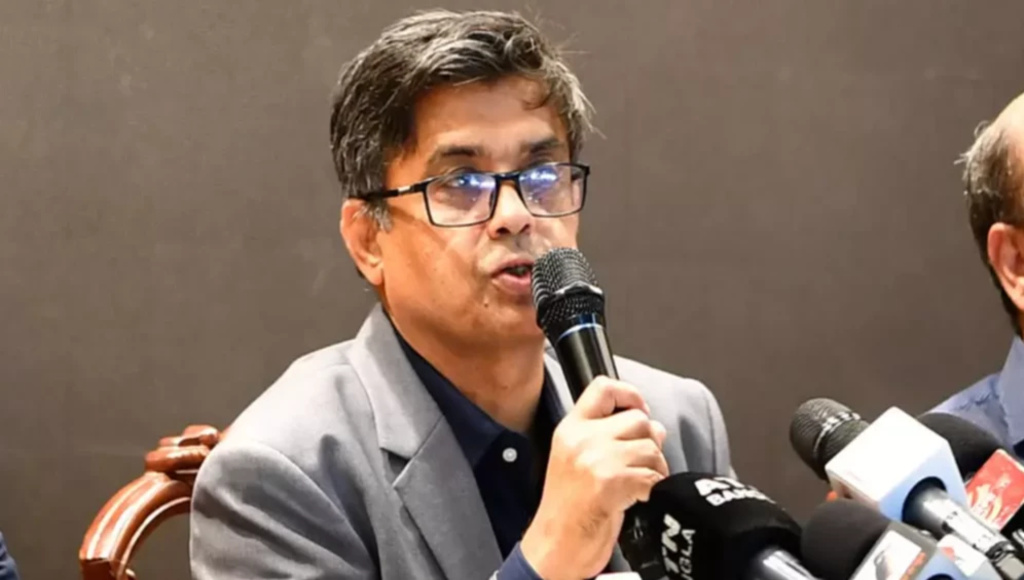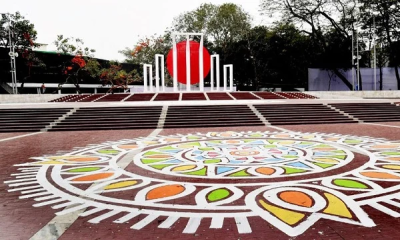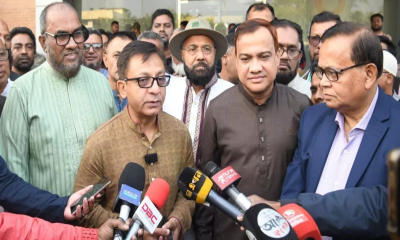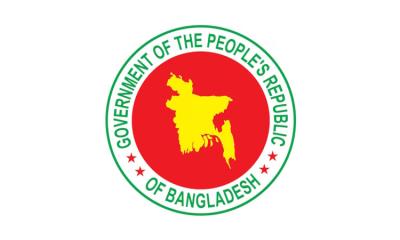At the inauguration of the "Youth Festival 2025," held at the Press Institute of Bangladesh (PIB) on Tuesday morning, Shafiqul Alam, Press Secretary to the Chief Adviser, made a bold statement: the youth of the country, not any political party, were responsible for bringing down the reign of dictator Sheikh Hasina.
Shafiqul Alam explained that despite the best efforts of major political parties, they couldn’t succeed in toppling Sheikh Hasina.
Instead, it was the younger generation that managed to do what the political leadership had failed to achieve.
"We had to wait for some Nahids, some Asifs, some Mahfuzes," he remarked.
"They will lead us. Our older leadership couldn’t control a dangerous dictator like Hasina. We tried many times. You may remember the big rallies that took place repeatedly in front of Naya Paltan."
His comments reflect a growing recognition of the crucial role the youth played in recent political developments.
The Press Secretary also called on the government and society to keep this youthful energy focused on building a country free from inequality.
During the same event, Mahfuz Alam, an adviser to the interim government, highlighted the enormity of the task ahead.
He said that the work of rescuing the nation was far from over and that it goes beyond just holding elections or introducing reforms.
The government, he explained, is aiming to build a completely new state.
Mahfuz Alam also made a claim about Bangladesh’s political history, stating that enforced disappearances and the notorious "House of Mirrors" (Aayna Ghor) began during the rule of Sheikh Mujibur Rahman, while Sheikh Hasina worked to further entrench dictatorship.
He urged that records from the past decade and a half, documenting the oppression and cruelty, should be preserved and shared with the public.
"This project to rescue the nation is massive," he said, emphasizing that the task ahead involves more than just elections and reforms.
He went on to accuse Sheikh Hasina of not only destroying state institutions and administrative machinery but also corrupting the very people of Bangladesh.
"The project of rescuing this nation is a big one. This can’t be achieved simply through elections or reforming a few institutions," Mahfuz Alam added, underscoring the complexity of the challenges ahead.
His comments have sparked widespread discussion as the country continues to recover from years of political turmoil.














-20260220065859.jpeg)

-20260219110716.webp)
-20260219054530.webp)














